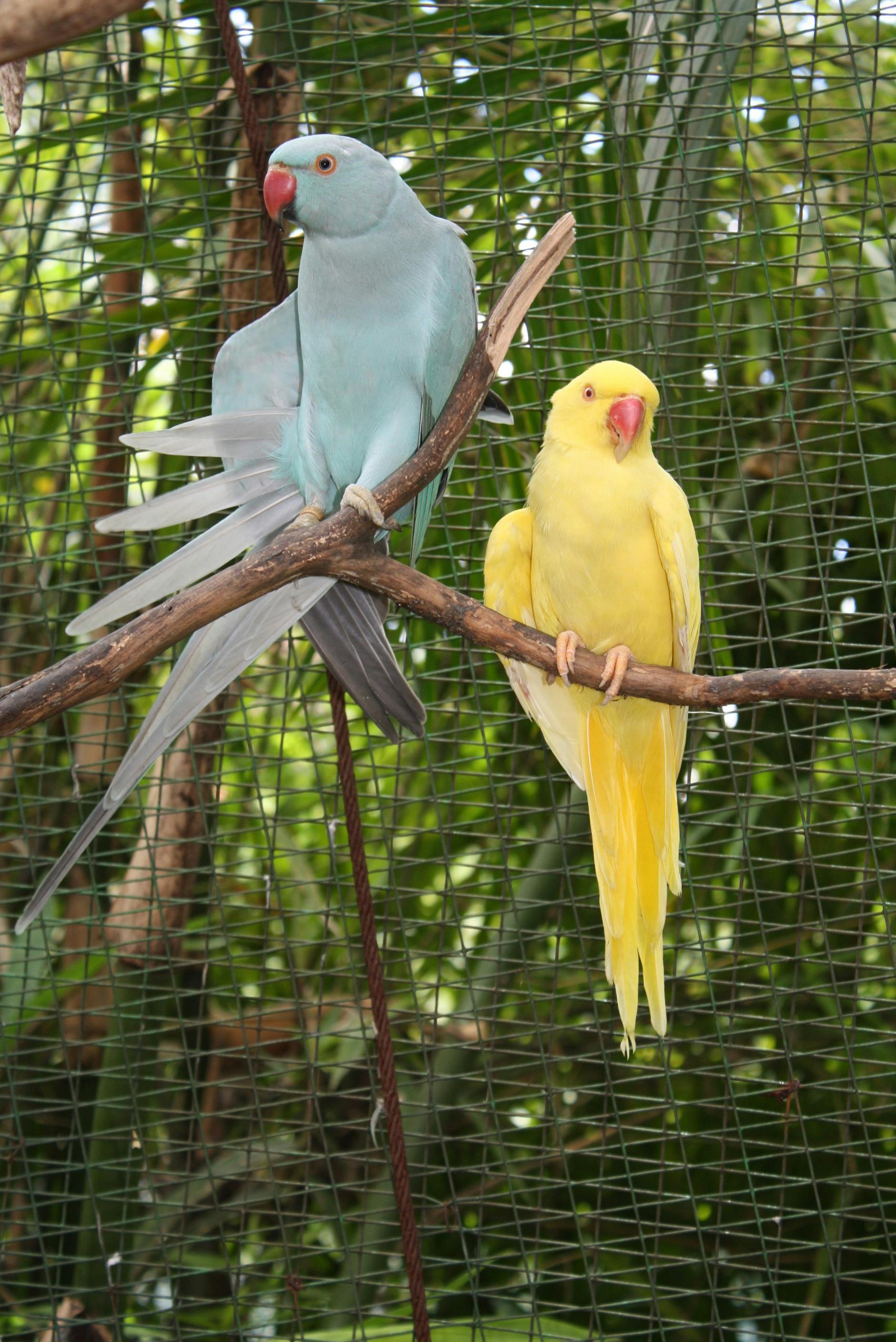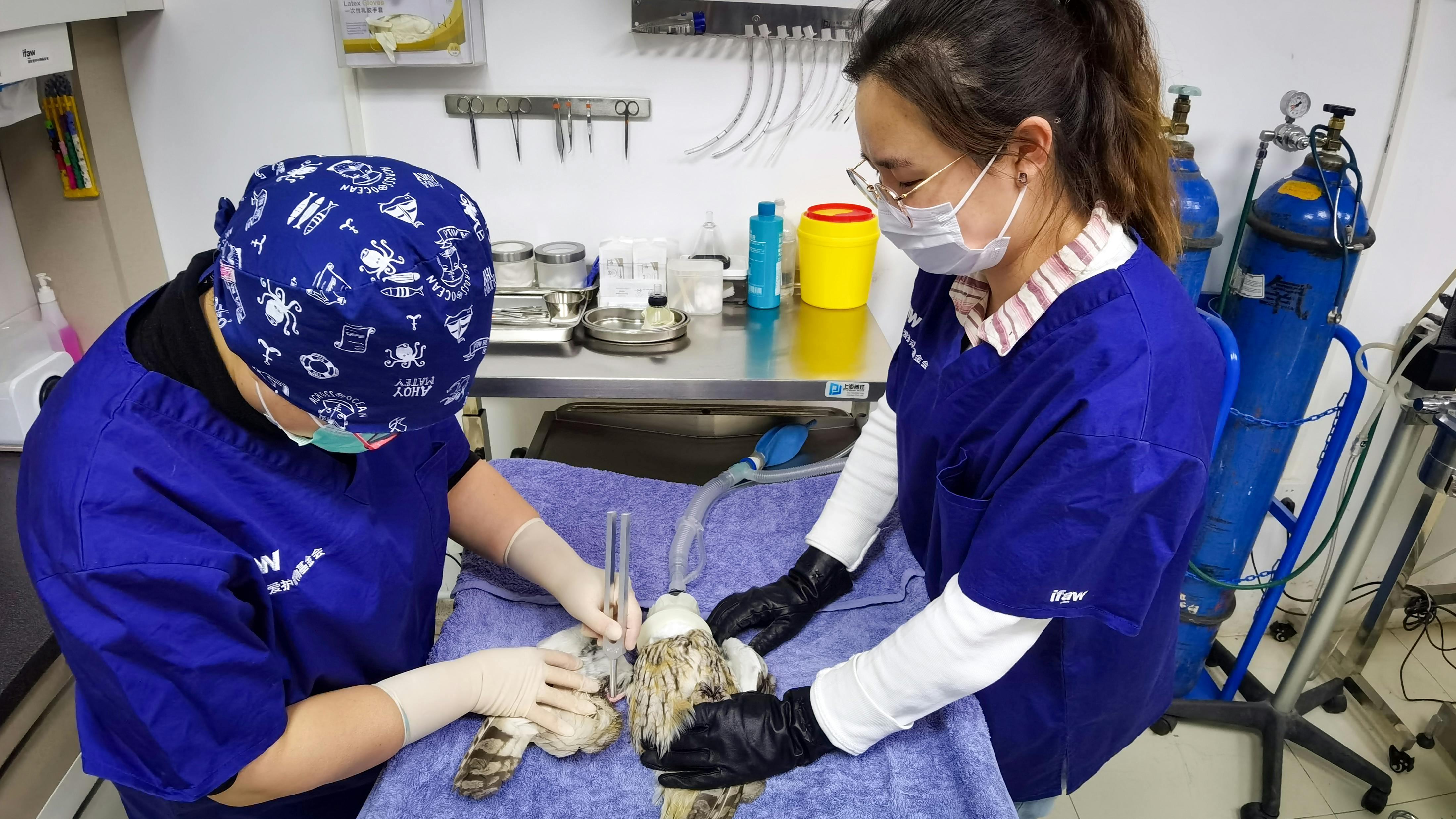Best 5 Ways to Care for Baby Guinea Pigs in 2025: Essential Tips for Happy Pets


Understanding Baby Guinea Pig Needs
Caring for baby guinea pigs requires a specific understanding of their needs, which differ significantly from adult guinea pigs. Baby guinea pig care is crucial as it sets the foundation for their lifelong health and well-being. When adopting a baby guinea pig, be mindful of their physical health, socialization, and dietary requirements. Baby guinea pigs thrive when provided with a safe, nurturing environment that encourages growth. Their **temperament** during early life stages will heavily influence their personality traits as adults, making early care an essential part of responsible guinea pig ownership.
Baby Guinea Pig Diet
When it comes to a baby guinea pig diet, providing the right nutrition is key. Baby guinea pigs require a diet rich in high-quality hay, fresh vegetables, and specially formulated guinea pig pellets. For effective guinea pig nutrition, include vitamin C-rich foods like bell peppers and kale. Additionally, baby guinea pigs have delicate digestive systems, so gradual introduction to new foods is crucial. It's also beneficial to offer occasional treats, but be careful to select foods that contribute to their well-being rather than harm.
Guinea Pig Habitats
A well-designed habitat is essential for happy baby guinea pigs. Creating a guinea pig habitat involves choosing the right cage size and bedding that supports their health and comfort. Smaller cages can restrict movement, so opting for a spacious environment with proper ventilation is preferable. The floor should be covered with soft, absorbent bedding to prevent injury and keep them comfortable. Ensure the guinea pig habitat includes places for hiding and safe areas for playtime, enriching their surroundings and providing a sense of security.
Common Health Issues in Baby Guinea Pigs
Being proactive about guinea pig health issues can significantly impact the quality of life for baby guinea pigs. Common problems include respiratory infections, dental issues, and malnutrition. Regular vet visits should be scheduled for check-ups, ensuring your guinea pig is growing properly and remains free from illness. Monitoring your baby guinea pig's behavior can alert you to potential health problems, such as changes in appetite and activity levels which could signal underlying issues that need addressing.
Engaging Your Baby Guinea Pig
Guinea pigs are social animals, which means engagement and interaction are crucial for their mental health. Baby guinea pig playtime should include a variety of activities and toys that stimulate their instinctive behaviors. Social interaction contributes significantly to their happiness and adaptability as pets. Investing time into bonding with your baby guinea pig will make the care process rewarding and enrich both of your lives.
Guinea Pig Toys for Play
When looking for suitable **guinea pig toys**, prioritize items that promote exploration and physical activity. Toys made from safe, non-toxic materials that encourage chewing, climbing, and hiding are ideal. Examples include tunnels, chew sticks, and wooden blocks. Experiment with different toys to see what captivates your baby guinea pig’s interest the most. These toys help in preventing boredom, which is vital for their overall well-being.
Guidelines for Guinea Pig Socialization
Guinea pig socialization from a young age is essential for their emotional well-being. Engaging with other guinea pigs or letting them interact with the family can foster strong social skills. It’s helpful to gradually introduce your baby guinea pig to various environments so they become confident in different situations. This process can significantly influence their response to new experiences and sounds, promoting their overall adaptability and comfort.
Baby Guinea Pig Playtime Ideas
Incorporating fun **playtime ideas** can greatly enhance your guinea pig’s daily routine. Designating a safe area for your baby guinea pig to run and explore encourages physical activity. Activities can include supervised floor time, interactive toys, or obstacle courses made with cardboard boxes. Encouraging playtime not only keeps your baby guinea pig healthy but also strengthens the bond between you and your pet.
Grooming and Maintenance Tips for Baby Guinea Pigs
Guinea pig grooming is a significant part of maintaining their health and happiness. Regular grooming ensures their coats remain healthy while also offering an opportunity for bonding. Training your baby guinea pig to enjoy being handled during grooming sessions helps create a trusting relationship. Understanding the specific **grooming needs** of different guinea pig breeds is also crucial for effective care.
Basic Grooming Supplies
For effective guinea pig grooming, having the right supplies is essential. Must-have grooming tools include a brush designed for small animals, nail clippers, and possibly a medicated shampoo for specific health concerns. Keeping their coats clean will also prevent matting and skin issues. Additionally, developing a regular grooming routine early on can help your baby guinea pig associate grooming with pleasant experiences.
Guinea Pig Cleaning Tips
Establishing effective guinea pig cleaning tips will help maintain a healthy habitat. Regular cleaning of the habitat not only eliminates odors but also prevents bacterial growth that can lead to illness. Changing bedding frequently and cleaning food containers and water bottles will ensure a hygienic environment. Pay attention to areas that gather waste, as necessity in cleaning these can help prevent gastrointestinal issues in your baby guinea pig.
Signs of a Happy Guinea Pig
Learning to identify the signs of a happy guinea pig can help ensure you're providing the right care. A content guinea pig will display behaviors such as playful interactions, active exploration, and maintaining a healthy appetite. If your baby guinea pig exhibits these behaviors, you can rest assured that you're meeting their needs successfully. Be observant and respond to their unique personality traits and demands, adjusting your care practices appropriately.
Summary and Key Takeaways
- Provide a balanced and nutritious baby guinea pig diet to support their growth and health.
- Engage and socialize baby guinea pigs to promote emotional well-being.
- Establish a comfortable and enriching environment for healthy habitat development.
- Implement a regular grooming and cleaning routine to ensure optimal health.
- Be observant of your guinea pig’s behavior to identify signs of happiness and health.
FAQ
1. What are the best guinea pig breeds for beginners?
Some of the best guinea pig breeds for beginners include the American guinea pig, Abyssinian, and Peruvian. These breeds tend to have gentle temperaments and are relatively easy to care for. Each breed has its unique characteristics, so understanding their personality traits can help in making an informed decision when choosing a pet.
2. How long do guinea pigs typically live?
The average lifespan of a guinea pig ranges from 5 to 7 years, although some can live up to 8 years or longer with proper care. Regular vet visits and a nutritious diet significantly contribute to their longevity and overall health, making attentive care life-extending.
3. What should a baby guinea pig's diet consist of?
A proper baby guinea pig diet should include high-quality hay, fresh vegetables, and specialized guinea pig pellets. Ensuring a good mix of vitamin C-rich foods is crucial for their development, as guinea pigs cannot synthesize this vitamin on their own. You should avoid feeding them harmful foods such as iceberg lettuce and treats high in sugars.
4. How can I train my baby guinea pig?
Training your baby guinea pig involves using positive reinforcement techniques. Start with simple commands and reward them with treats to encourage desired behaviors. Training not only enhances their well-being but also enhances your relationship with your pet, promoting a happier and more cooperative pet.
5. How do I know if my baby guinea pig is not feeling well?
Signs of an unhealthy guinea pig can include lethargy, lack of appetite, unusual vocalizations, and changes in grooming habits. Being mindful of these behavioral changes is vital, as they can indicate health issues. Regular health checks and veterinary consultations will help in identifying potential problems before they escalate.
